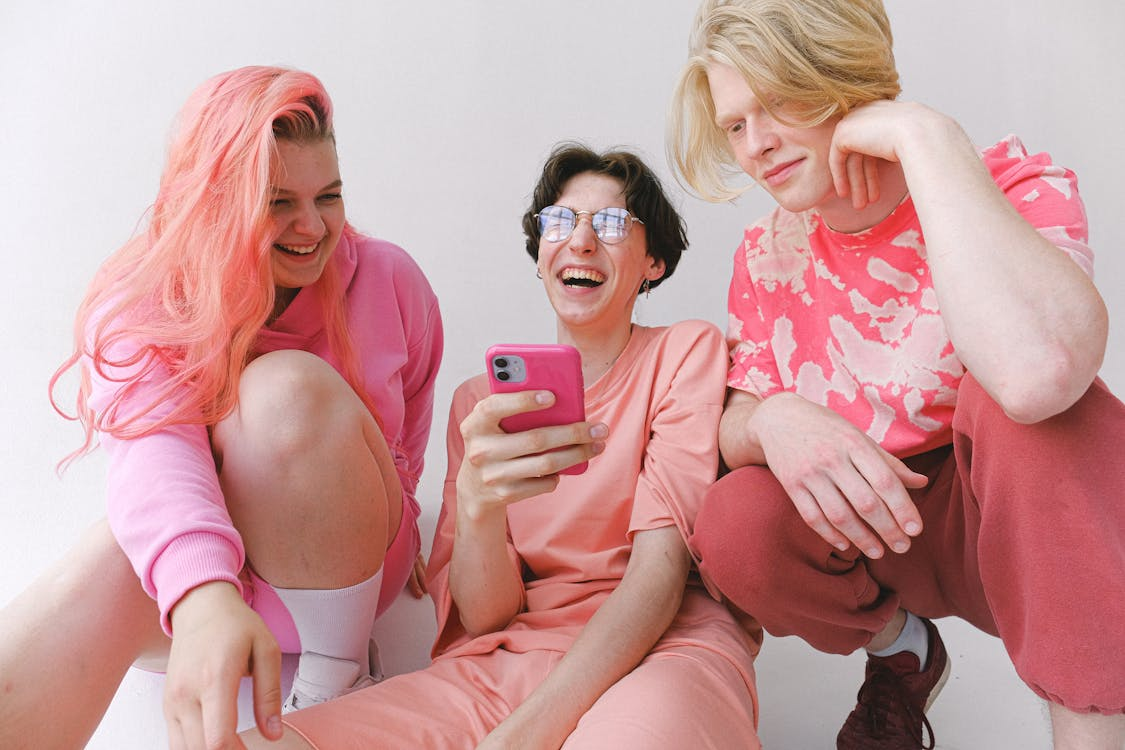The burqa is a religious garment worn by devout Muslim women around the world and a recent attempt in Australia is trying to push a law banning this religious attire from being worn in the country. This law is affecting many Muslim women, but one Australian non-Muslim woman is attempting to police women across the country on what religious attire they are allowed to wear.
This woman’s name is Pauline Hanson and she has stated that “This is a western country. If these people want to dress up, go to a country that suits your needs.” It’s interesting that, as a white, non-Muslim woman, she has so much to say about women in a religion that she probably doesn’t even begin to grasp. It begs the question, who is in the wrong here, a nosy woman attempting to enforce a dress code based off of her own personal feelings or Muslim women that choose to wear the burqa minding their own business?
Pauline wore a Burqa to parliament, hoping for shock value to enforce her point. For me, as a Muslim, it felt like she was mocking us. Reasons to ban the burqa are Islamophobic and sexist. Many people are simply afraid of women in burqas. A lot of people think women in burqas are hiding something under them or are forced to wear them. It’s the same principle where white people can wear backpacks with no problem, but Muslims get a side eye or worse.
In a free country like Australia, if a woman wears a burqa or hijab, it’s usually a willing religious display of modesty, similar to the outfit of a nun. A study from The University of Michigan’s Institute for Social Research polled participants in various Muslim countries about what they thought was the most appropriate dress for a woman in public. The majority overwhelmingly chose the hijab you most commonly see in everyday life as number one. The one most rarely picked was the full cover burqa. No country chose the burqa, and the only countries which chose the Niqab were Saudi Arabia (63%) and Pakistan (32%). The numbers are much smaller than many people assume, which indicates that the majority of women who wear the burqa are doing it as an act of religious devotion, not obligation.

Why haven’t I seen people working to ban the attire of nuns? Is it because they think Middle Eastern and Muslim people are scary? Everyone wants a say in what women wear. You can’t cover up and you can’t show skin and it is messed up. Some women are empowered by modesty and some are empowered by showing skin, but laws banning religious dress empower no one.
Hanson’s stunt enforced stigma against women in hijabs and burqas, which can be deadly. “Knowing that Muslim women are likely to be targeted in verbal and physical attacks due to their more recognizable appearance, Senator Hanson’s stunt is likely to directly and indirectly increase the risk of violence towards Muslim communities,” remarked Dr. Joshua Roose, Director of the Institute for Religion, Politics and Society at Australian Catholic University.
Hanson stated on her Facebook page, “I have long believed that full face coverings, such as the burqa, were oppressive, presented barriers to assimilation, disadvantaged women from finding employment, were causing issues inside our justice system, presented a clear security threat and has no place in modern Western society.”
Every issue she stated is only a problem due to prejudice, which is what she is promoting. Women should not be punished for being discriminated against and forcing women to change how they dress will not liberate them from oppression. Maybe it will “assimilate” them more, but assimilation is only advocated for by people who can’t accept those who are different from them. The talk of a security threat is far fetched at best, as people have only committed crimes on rare isolated incidents which aren’t statistically significant.
If Pauline Hanson is really concerned about women, she can advocate for victims of domestic violence, an actual issue in the country. 1 in 4 Australian women have been abused. However, it seems like she is going to cling to her Vendetta against Islam for the foreseeable future. We can only hope that the rest of the Australian Parliament has more sense than Hanson does when it comes to this matter.




